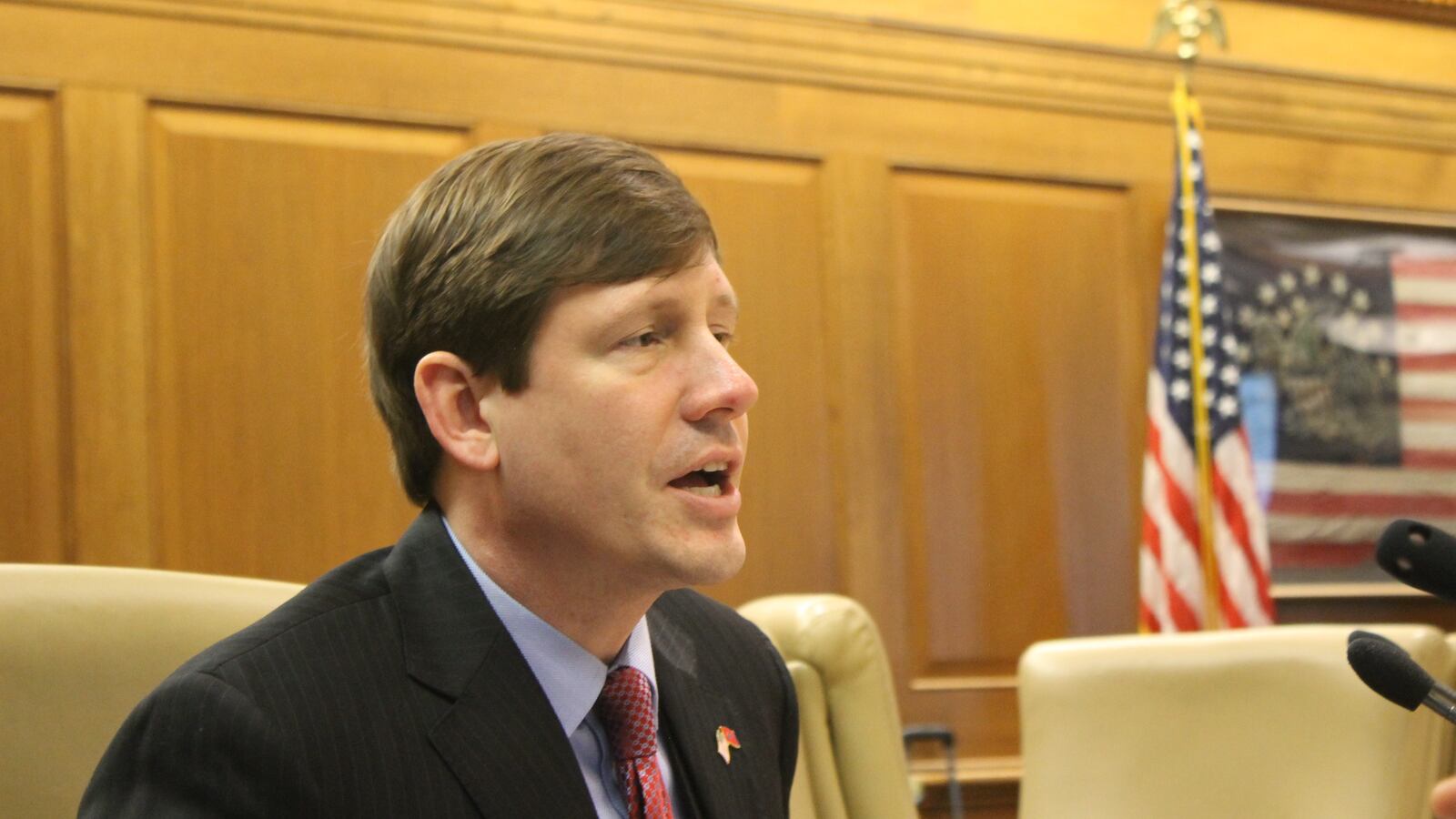If Tennessee private schools want to take advantage of public money that could soon be flowing their way, they might have to become more like public schools — especially at testing time.
After years of near-misses, the state appears poised to approve a voucher program that would allow public funding to be used to pay private school tuition.
To make this happen after years of disappointments, lawmakers who want vouchers are making a few compromises. One is to limit the program to Memphis. Another is to require students who receive vouchers to take the state’s standardized test, TNReady.
Sen. Brian Kelsey, the architect of Tennessee’s voucher bill, said he would prefer requiring students who use vouchers to take nationally normed tests, like they do in Florida and several other states with voucher programs.
But he said he understands why policymakers want to make “apple to apple” comparisons between public schools and private schools accepting government dollars. “If that gives policymakers greater comfort to vote for the bill, then I am all for that,” said the Germantown Republican.
Requiring students who use vouchers to take TNReady would put Tennessee in good company. Of states with the largest school voucher programs, at least three — Wisconsin, Louisiana and Indiana — require students who use vouchers take their state tests. (Indiana actually requires all students at schools that accept vouchers to take the exams, then uses the scores to determine whether the schools should continue to get state funding.)
But many voucher advocates say state testing requirements undermine the idea of an education marketplace where families choose the school that best meets their needs.
Part of what makes private schools different is that they teach to different standards, cover different content, and measure learning in different ways, says Patrick Wolf, a voucher proponent and professor at the University of Arkansas Department of Education Reform.
“Many parents are attracted to them for that reason,” he said. “If you’re a student in a private school who takes a public school test and you score lower, you really won’t know if that’s because the private school curriculum is different, or because the private school is less effective in delivering content.”
A testing requirement is likely to dissuade at least some Memphis schools from accepting vouchers, according to lobbyists for the state’s Catholic schools.
“We’ve heard that to take the state test means to teach the state test,” said Jennifer Murphy, who represents the Tennessee Catholic Public Policy Commission.
But at least nine private in the city schools say that having to administer TNReady won’t turn them off.
The Jubilee Catholic schools are in primarily low-income areas of Memphis, and many of their seats would likely be filled by students using vouchers if this year’s legislation passes.
Kristi Baird, the interim head of the Jubilee Schools, said Tennessee’s tests didn’t seem like a big jump from the standardized tests students at her schools already take. “We already take a nationally normed assessment … so we’re confident our students’ state test results would demonstrate growth and progress,” she wrote in an email.
Amid concerns that vouchers will hurt student performance, especially in light of recent research suggesting that that has happened elsewhere, Tennesseans say having an accountability measure is essential to making sure the state funds are spent wisely.
“Publicly-funded K-12 students should take the same TN tests,” tweeted Marc Hill, the chief policy officer at Nashville Chamber of Commerce.
“Testing, public reporting & accountability for private schools must be essential components of any voucher plan in TN,” tweeted Gini Pupo-Walker, the senior director of education policy at Conexion Americas.

